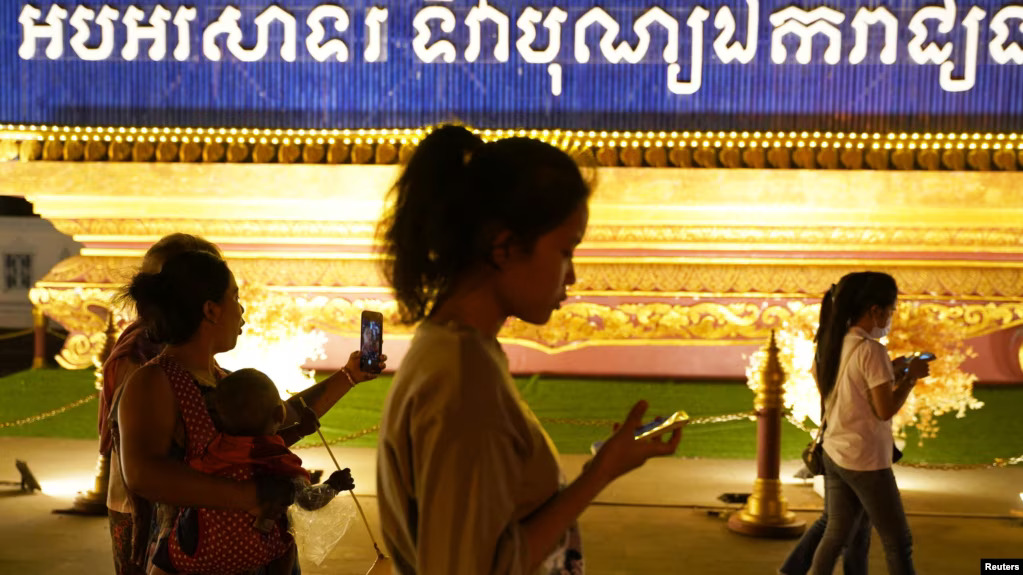WASHINGTON —
Radio reporter Khut Sokun says he is doing less reporting this year. The reason: fear of Cambodia’s national internet gateway, which he and others say allows the government to monitor all online activity.
Internet service providers in Cambodia have until February 2022 to redirect all their traffic through a regulatory body, or gateway, known as the NIG.
But since Prime Minister Hun Sen’s government issued a regulation, known in Cambodia as a sub-decree, earlier this year, Sokun says he has adopted a “more cautious approach” to his reporting and comments posted online.
Sokun is not alone. Other journalists and rights groups who spoke with VOA say the regulation, which allows for punishment “in accordance with relevant laws,” has increased the fear of arrest among media, critics and ordinary citizens.
In a country with limited media freedom, the broad powers outlined in the NIG, including the power to monitor activity and block or disconnect the internet, are seen by many as another tool to suppress voices and increase fear.
Some have highlighted privacy concerns and the possibility of surveillance. Under the decree, operators must store data, share status reports and request that users verify their identities.
For Sokun, who reports for Voice of Democracy, one of Cambodia’s few remaining independent broadcasters, the regulation has had a direct impact on how he works.
He has avoided reporting on protests and other events, saying, “The NIG did not help with my professional work; instead, it made it harder for me to report.”
The journalist says his online activity and communications with sources risk being monitored and his reporting has angered authorities.
Local officials threaten him while he is working, Sokun said, and authorities have confiscated his equipment and taken his photo as he covers news events.
“I’m concerned about my personal safety and rather scared,” Sokun told VOA in a phone interview. “If we express something (online), the government knows everything.”
